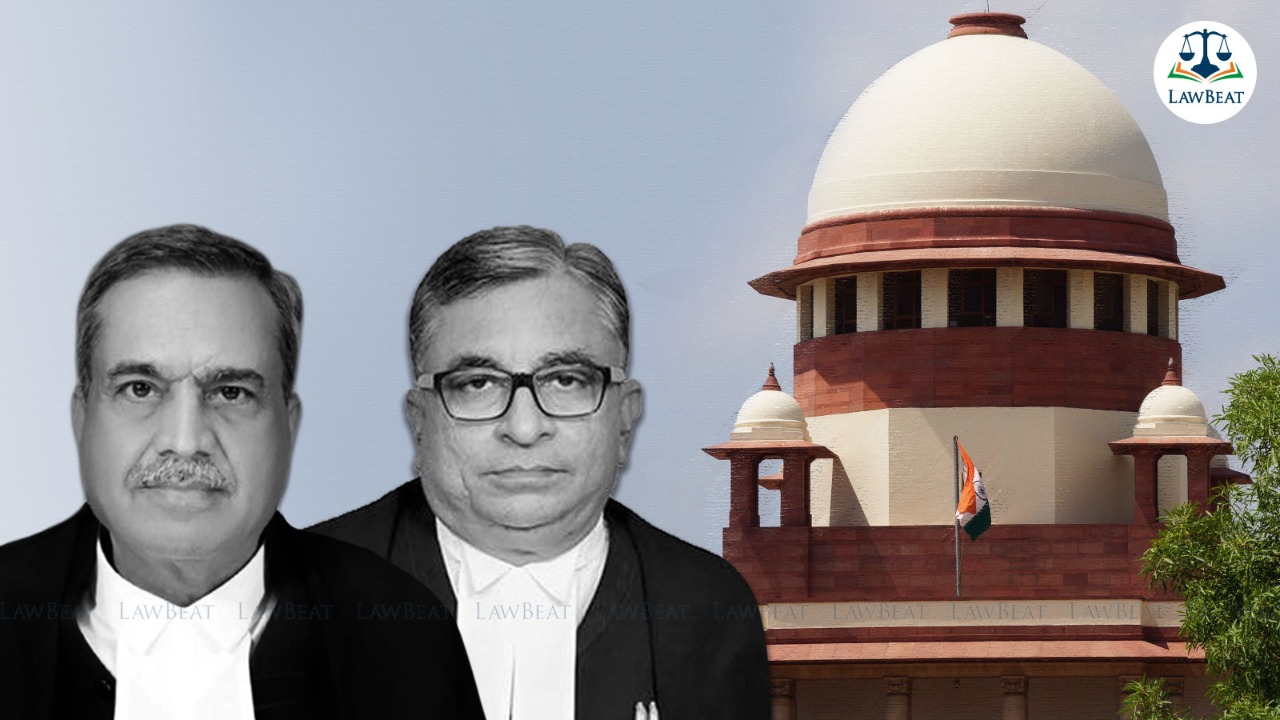Value of raw material cannot be considered for refund under S.173L Central Excise Act: Supreme Court

The assessee argued before Court that as the returned goods can be again reused as raw material, therefore, the value of raw material can be the value for the purpose of refund.
The Supreme Court on Monday held that a claim for refund of the excise duty on the basis of considering rejected goods as raw material is not possible under Section 173L of the Central Excise Act and the Rules, 1944.
"...for the purpose of considering the value for refund under Section 173L what is required to be considered is the value of the returned goods. As per explanation to clause (v) of Section 173L, 'value' means the market value of the excisable goods and not the ex-duty value thereof", held the Top Court while refusing to accept the submission that returned goods may be treated as raw material and therefore their value be considered for the purpose of determining the refund under Section 173L.
A bench of Justices MR Shah and Krishna Murari further held that submission on behalf of the assessee that as the returned goods can be reusable for the manufacture of the products and therefore the value of the raw material can be considered for the purpose of determination of the value for refund, was not supported by any statutory provision, more particularly Section 173L of the Central Excise Act and/or even the Central Excise Rules.
In the case before the court, one Peacock Industries, a manufacturer of plastic molded furniture had submitted a claim for refund
of the excise duty, on the basis of it having accepted the rejected goods, returned to it by its distributors, for which it had issued credit notes to the parties.
It was their case that value for the purpose of refund shall be considered after considering the market value of goods returned as secondhand goods. In the alternative, it was their case that as the returned goods can be again reused as raw material, therefore, the value of raw material can be the value for the purpose of refund.
Before the Deputy Commissioner, Peacock produced the invoices of the second-hand goods but did not lead any evidence on the value of goods returned.
Accordingly, the refund claim was rejected by the Tribunal as well as the High Court.
"As the value of the returned goods determined by the deputy commissioner at Rs.8 to 10 per kg is found to be less than the amount of duty already paid, the appellant is rightly denied the refund of the excise duty paid", the top court held.
Case Title: M/s Peacock Industries Ltd. vs. Union of India and Ors.
